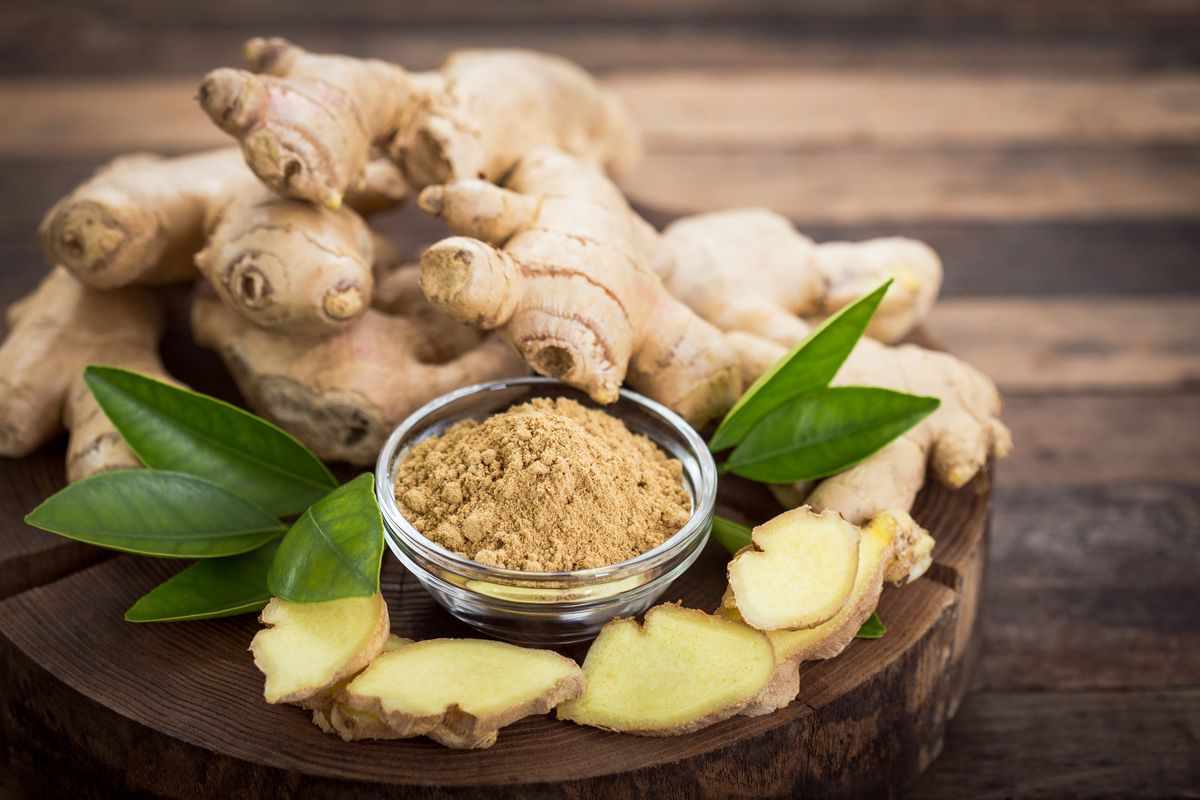News
Unlock the power of ginger: Discover its surprising uses and health benefits

Exploring the Multifaceted Benefits and Culinary Uses of Ginger: From Ancient Medicinal Herb to Modern Kitchen Staple, Uncovering How This Spicy Root Can Enhance Both Health and Flavor.
Ginger, an herbaceous plant native to Asia, has been utilized since ancient times due to its myriad health benefits. This spicy root is not only a staple in traditional medicine, particularly in India, but also a versatile ingredient in the kitchen. Known for its antioxidant, anti-inflammatory, and detoxifying properties, ginger is celebrated for its ability to relieve stomach ailments and more. This article delves into the potent health advantages of ginger, its culinary applications, and essential tips for consumption.
The health-promoting properties of ginger
Ginger’s health benefits are primarily attributed to its active compound, gingerol. Research has demonstrated ginger’s effectiveness as an antioxidant and anti-inflammatory agent, as well as its ability to reduce cholesterol synthesis in the liver by promoting its conversion into bile acids. Regular consumption of ginger, between 1 to 4 grams daily, is recommended to maximize its health benefits.
Ginger is particularly beneficial for stomach-related issues, serving as a digestive aid and providing relief from stomach burns and gastritis. It is also effective in alleviating nausea associated with poor digestion. Furthermore, ginger can be an ally against inflammatory conditions such as sore throats, colds, and flu, offering preventive benefits as well. It also assists in detoxification, helping to eliminate toxins and combat feelings of bloating and fatigue, especially during seasonal changes. Moreover, ginger may aid in weight loss by enhancing fat burning when combined with a balanced diet.
Utilizing ginger in culinary endeavors
In the culinary world, ginger is cherished for its ability to enhance the flavor of various dishes. Its spicy, lemony taste adds a refreshing twist to both raw and cooked vegetables. Ginger is also an excellent complement to white meats like chicken, as well as seafood and fish dishes.
The most popular culinary use of ginger is in the preparation of ginger tea or decoctions. To make a simple ginger decoction, peel fresh ginger and slice it into thin pieces. Boil the slices in cold water for about 15 minutes, then strain the mixture to enjoy a warm, soothing beverage. Ginger tea can be enhanced with lemon, making it an excellent remedy for colds.
Precautions and considerations when consuming ginger
While ginger is celebrated for its health benefits and culinary versatility, it’s important to consume it in moderation. Excessive intake of ginger is not recommended, especially for individuals with hypertension or those allergic to its active compounds. In such cases, it is advisable to limit or cease consumption to avoid adverse effects.
In conclusion, ginger is a remarkable plant with a rich history of medicinal and culinary use. Its health-promoting properties make it a valuable addition to any diet, while its unique flavor enhances a wide array of dishes. By incorporating ginger into your daily routine, you can take advantage of its numerous benefits while enjoying its delightful taste.
Riproduzione riservata © - WT











